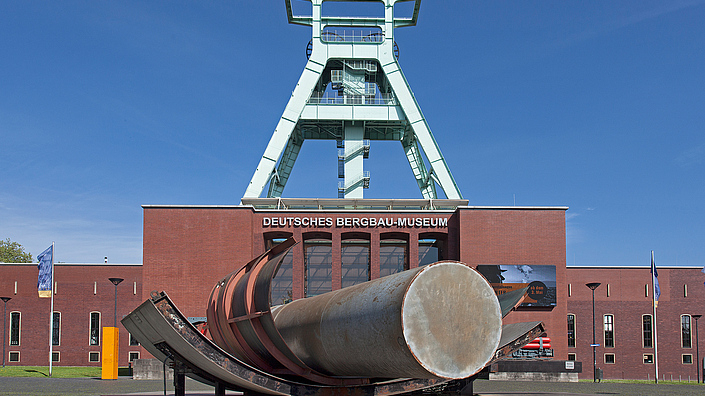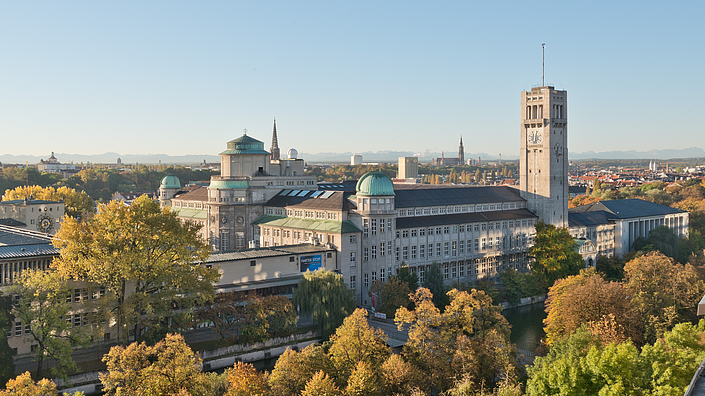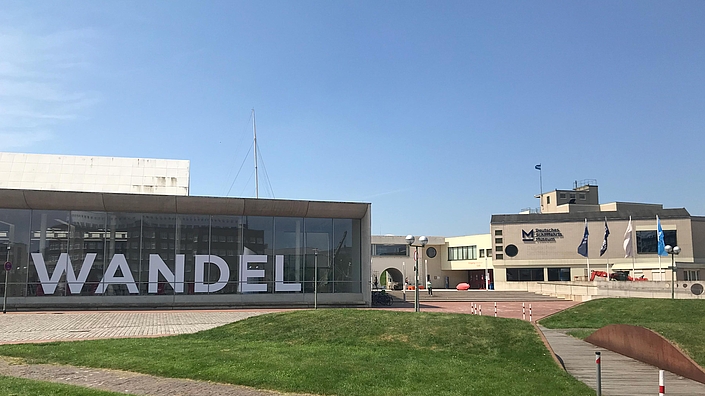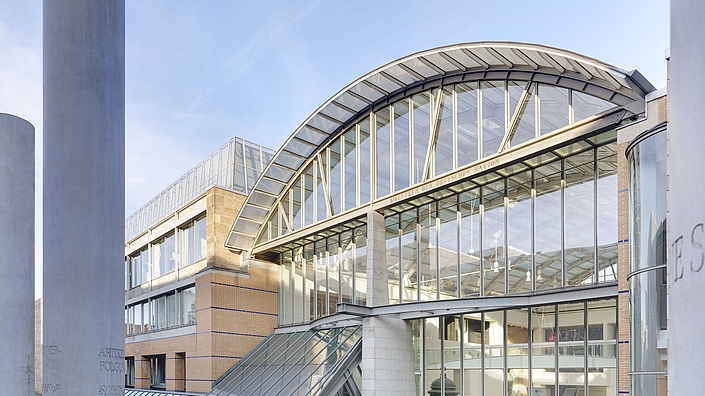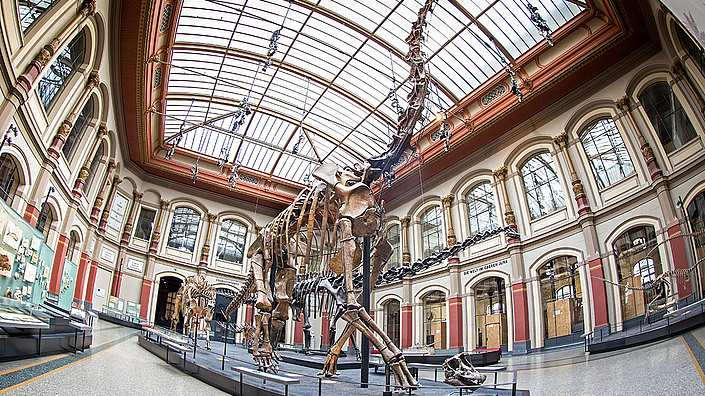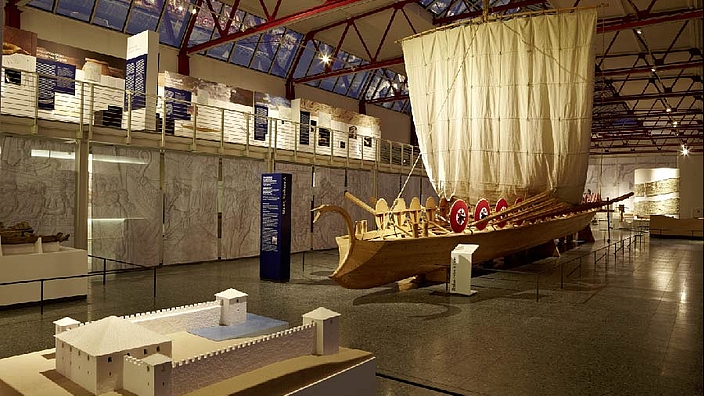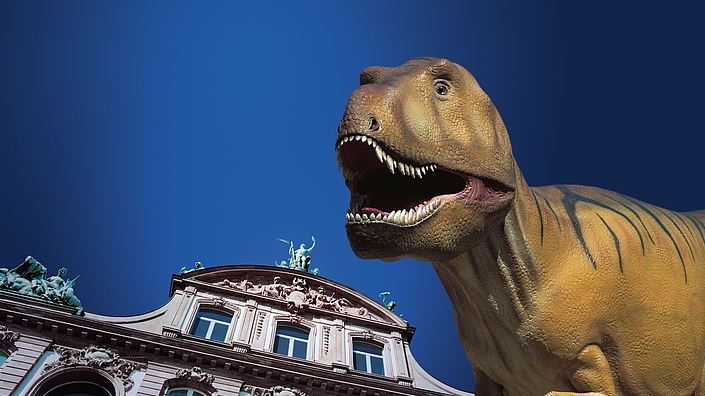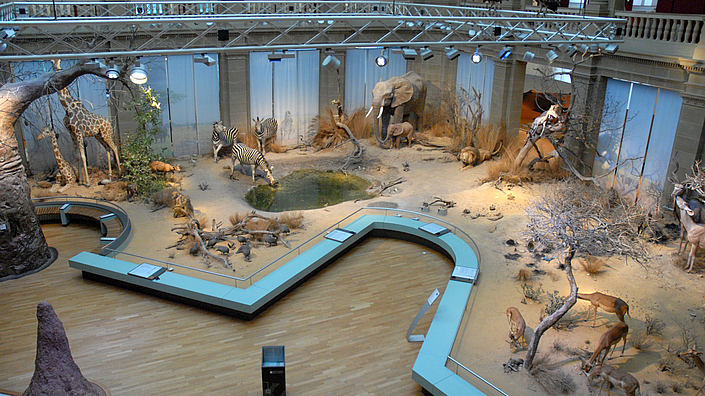Researching and exhibiting at the Leibniz research museums
We - the German Maritime Museum - are one of eight Leibniz research museums. We research, preserve, exhibit and communicate maritime history in its global context -
What is a "research museum"? A museum where individuals do research and visitors* marvel at research? A museum that reflects research and whose exhibitions meet particularly high scientific standards? There is no generally valid definition of a "research museum" in the Leibniz Association either. But everyone agrees: the title is associated with special tasks that set it apart from other institutions. A research museum is a place where experts - usually behind the scenes - search for knowledge. A place where these findings are explained to visitors. A research museum is a place that invites communication. A house that sends you on a journey of discovery. A place of social enlightenment through encounters with questions that move society. The eight research museums of the Leibniz Association combine research and educational mission in a special way. In addition to permanent and special exhibitions, extensive research on the history of the earth, biodiversity and the history of culture and technology is carried out here. The unique collections comprise well over a hundred million objects and form the foundation for science. With their exhibitions, the museums reach millions of people every year and thus make an important contribution to the transfer of knowledge.
Further Links
Deutschlandfunk, 6. Nov. 2018: Forschungsmuseen - mehr als eine Wunderkammer



